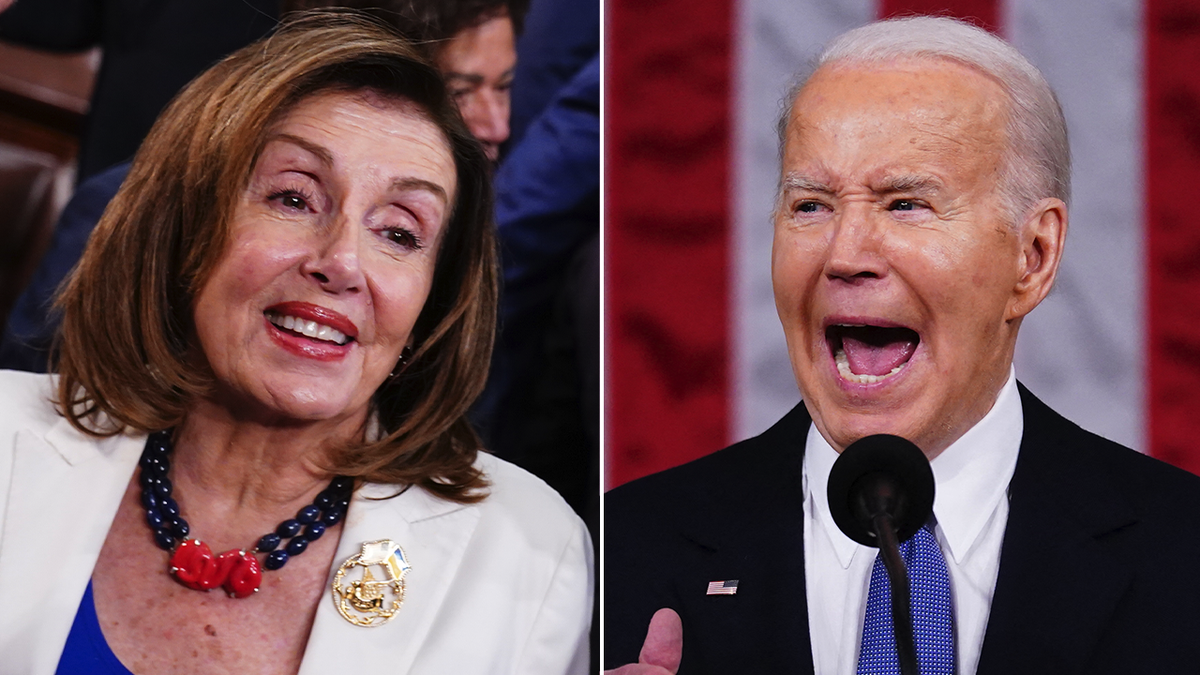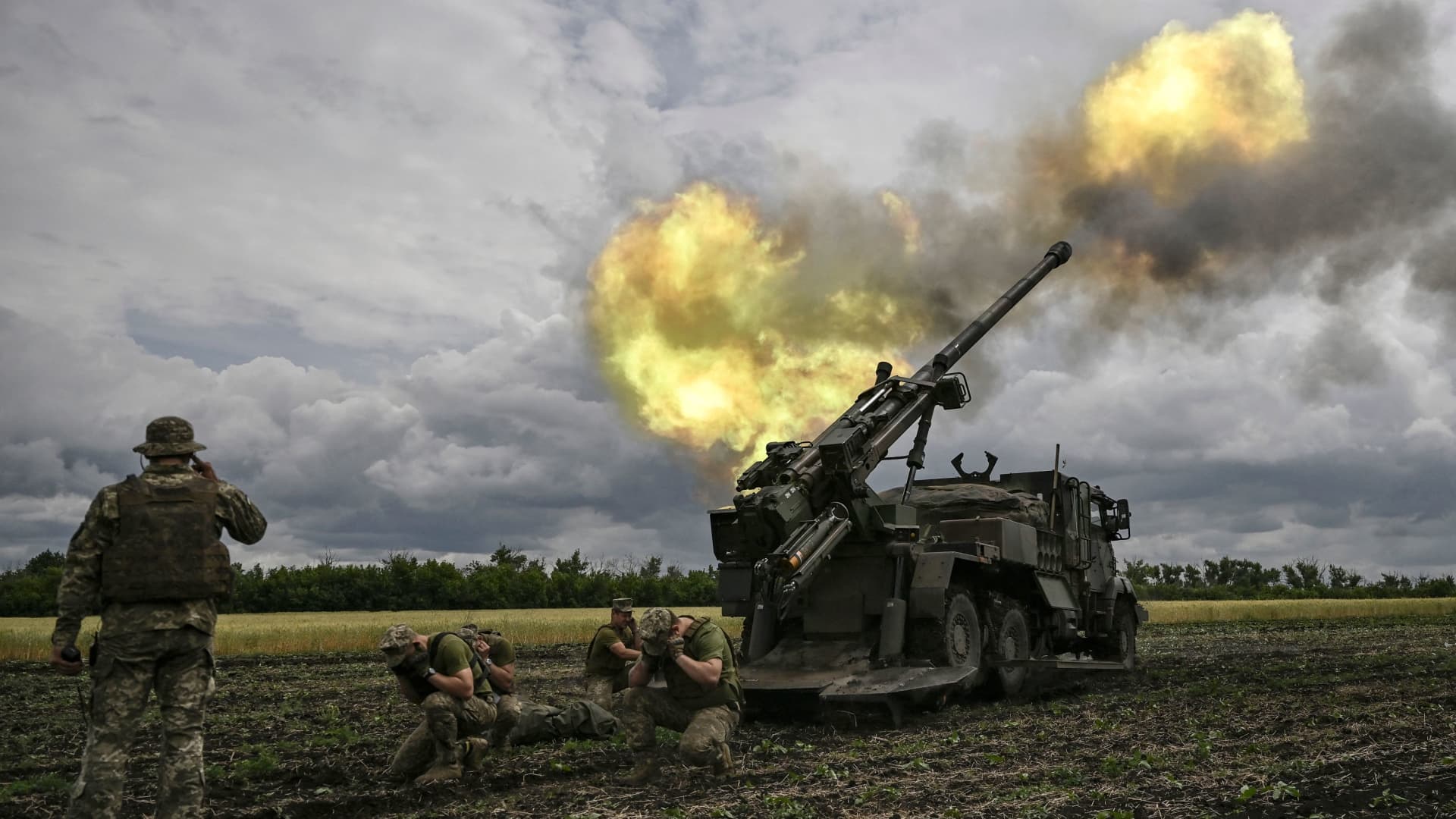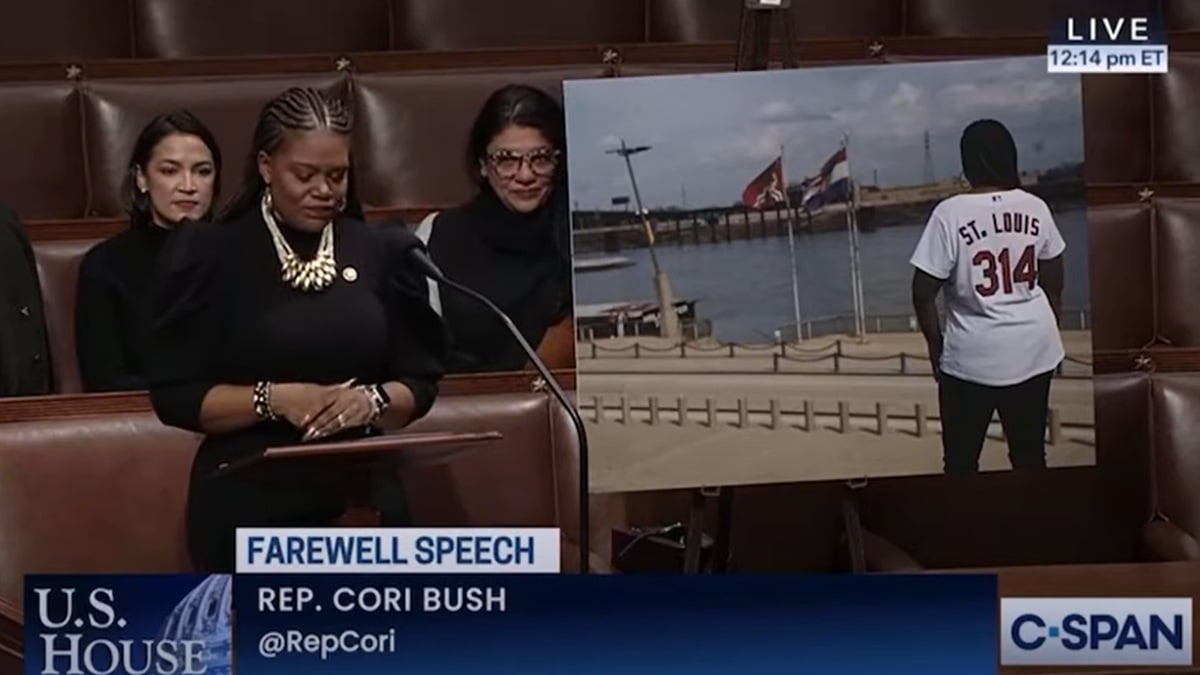A team of investigative journalists in Europe has published a new report that links Oscar-winning filmmaker Oliver Stone to a planned series of documentaries intended to act as de facto propaganda for several autocratic leaders worldwide.
The investigation, a joint effort by the Organized Crime and Corruption Reporting Project (OCCRP), German public broadcaster ZDF, Austria newspaper Der Standard, German news magazine Der Spiegel, and independent Kazakhstan media outlet Vlast, found that Russian-American producer Igor Lopatonok pitched a series of hagiographic documentaries about such notorious leaders as Belarus strongman Alexander Lukashenko, Azerbaijani President Ilham Aliyev and Turkish President Recep Tayyip Erdoğan, which were to star Stone as the on-air interviewer.
In an interview with OCCRP, Lopatonok said Stone was aware of the projects and supported them, though the investigation did not turn up a direct link to the director to support that claim. The investigative group said they repeatedly reached out to Stone for comment but have not received a reply.
The Hollywood Reporter has also reached out to Stone for comment.
Lopatonok has produced several documentaries together with Stone, which feature the Platoon and JFK director as an on-air interviewer, including the pro-Russian docs Ukraine on Fire and Revealing Ukraine, and Qazaq: History of the Golden Man, a feature documentary and eight-hour TV series about Nursultan Nazarbayev, who ruled Kazakhstan for nearly three decades. Qazaq, which screened at the Rome International Film Festival in 2021, was called out at the time for its reportedly sycophantic treatment of Nazarbayev. The documentary did not include interviews with any Nazarbayev critics and Stone did not question the Kazakh leader about widespread allegations of human rights abuses.
Stone and Lopatonok had previously denied that the Kazakh government was behind Qazaq, but the OCCRP investigation uncovered a paper trail linking the regime to payments of at least $5 million earmarked for the film and series. Elbasy, a foundation run by Nazarbayev’s daughter which was founded and is controlled by Nazarbayev, transferred the $5 million to the government-run State Center for Support of National Cinema, which in turn paid the Qazaq production company.
Stone has developed a particular line in dictator documentaries, with largely softball non-fiction treatments of the late Cuban dictator Fidel Castro (Castro in Winter from 2012) and Venezuelan leader Hugo Chavez (2014’s Mi Amigo Hugo). And, years before Tucker Carlson ventured to Moscow, Stone did a series of interviews with Russian President Vladimir Putin for the 2017 doc project The Putin Interviews.
The new investigation suggests Lopatonok was using Stone’s reputation as a sympathetic interviewer of autocrats to pitch a series of fawning documentaries, to be financed by the dictators themselves. The documents examined by the investigative team, some of which have been shared with The Hollywood Reporter, put Stone front and center, pitching the Snowden director as someone with “a unique expertise in the area of presenting ex-Soviet Union leaders to a Western audience.”
None of the documents, which include email correspondence between Lopatonok and Stone, indicate Stone was directly involved in these pitches or was even aware of most of them. None of the documentary projects were made.
An email exchange between members of Lopatonok’s team, cited by the OCCRP report, suggests Stone had initially agreed to participate in at least one of the projects, a documentary on Belarus dictator Lukashenko, before the full-scale Russian invasion of Ukraine in February 2022, appears to have led him to pull out.
“Unfortunately, the [Belarus] project was put on pause because of Oliver’s refusal,” wrote producer Igor Kobzev to a crew member in June of that year. The OCCRP says Kobzev did not respond to a request for comment.
The report quotes an unnamed source within Lopatonok’s film company explaining the financial concept behind the documentaries as offering dictators a means to buy a form of reputation laundering, using Stone’s name to acquire “legitimacy on the world stage.”
In the pitch deck to Azerbaijani leader Aliyev, Lopatonok notes the “Oliver Stone documentary” would have a “unique positive impact on the publicity of [the] president and Azerbaijan.”
“There’s a star — Stone — who can be sold. That’s it,” the OCCRP quotes the insider as saying. “They’re being bought for trinkets, only the trinkets are Oliver Stone. The targets jump on it: ‘Oh, I’m with Oliver Stone! I’ll be shown all over the world!’”


























































